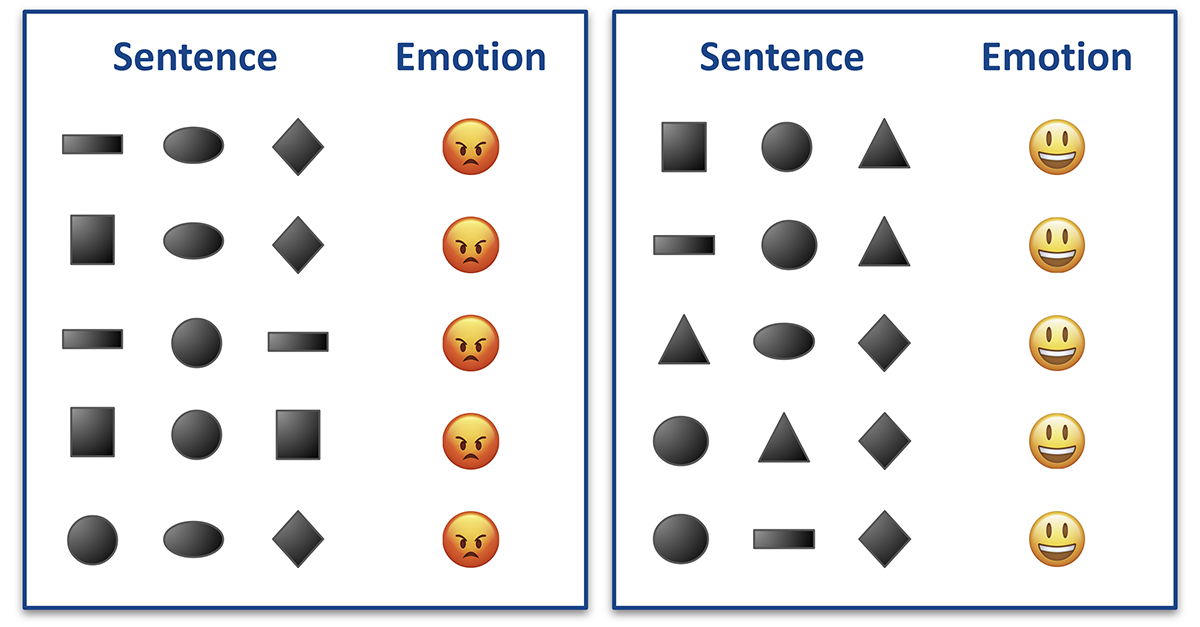From 2001: Space Odyssey to The Terminator, our collective imagination is fascinated with Artificial Intelligence (AI). Even Disney Pixar’s Wall-E has something to say about AI, though on a lighter and arguably more accurate note. AI models are no longer futuristic or reserved for specific niche tech businesses or advanced computer science classes. Our Narrative Modeling with StoryQ project aims to integrate AI into existing disciplinary studies such as English Language Arts (ELA) in order to create broader pathways to artificial intelligence careers.
In collaboration with the Maryland Center for Computing Education (MCCE), we recruited English Language Arts (ELA) teachers to a professional development workshop to learn how to teach about both ELA and AI. We are grateful to MCCE’s director Mrs. Dianne O’Grady-Cunniff (or Mrs. O-C, as her students call her), who helped us reach a broad teacher community. To our great surprise and delight, over 40 teachers and school leaders from Maryland and Georgia expressed interest in participating in the workshop, which took place in the fall of 2021. Twelve teachers were selected to be part of the workshop based on their teaching experiences. Four teachers who participated in the workshop are planning to pilot the StoryQ curriculum in their classrooms during the spring 2022 semester.
What does AI have to do with the typical English class syllabus?
Can computers be taught to identify a hero or the concept of love in a story? If so, what does this learning process look like? Does it look like human intelligence? Linguists and computer scientists alike explore these questions. AI is the branch of computer science involved with building computational models to perform tasks that typically require human intelligence, such as questions about particular dimensions of text.
During the workshop, teachers completed the student module “Exploring AI in ELA with StoryQ,” which introduces natural language processing using AI. They learned how to train AI models to analyze texts using our StoryQ app, a browser-based software designed for high school students and teachers.
Over a total of 15 hours including virtual meetings and offline work, the teachers explored real-life situations, such as how systems like Yelp® use AI models to interpret and classify reviews. In a more creative activity, they deciphered the sentiments behind an unknown language spoken by space aliens!

As part of the activities, teachers deciphered the sentiments behind an unknown language spoken by space aliens!
Despite their lack of familiarity with computing in ELA classes, the teachers embraced the idea of bringing AI content into their classrooms. Harper described how her students will “benefit by understanding how a machine learns language in similar ways that they do and use it to improve their comprehension and writing skills.” Another teacher, Marsha, noted the value both for the present and the future, saying, “I see my students being intrigued by the technology and problem solving and seeking careers and workshops related to AI.”
Throughout the workshop, the teachers prepared mini-lessons based on the materials they encountered. Each teacher selected their three favorite topics from the curriculum, prepared a mini-lesson for each one, and shared them with the group, commenting on each other’s work and gathering new ideas.
The four teachers who are implementing the StoryQ curriculum this spring are bringing the materials to a total of approximately 100 students in English classes. A significant portion of these students come from underrepresented communities, including Multilingual Learners.
A new StoryQ workshop will take place at the end of June with 20 teachers. Three teachers who participated in the fall 2021 workshop will serve as mentors for the new cohort.
To learn more about the project or future professional development workshop opportunities, please contact us at storyq@concord.org.